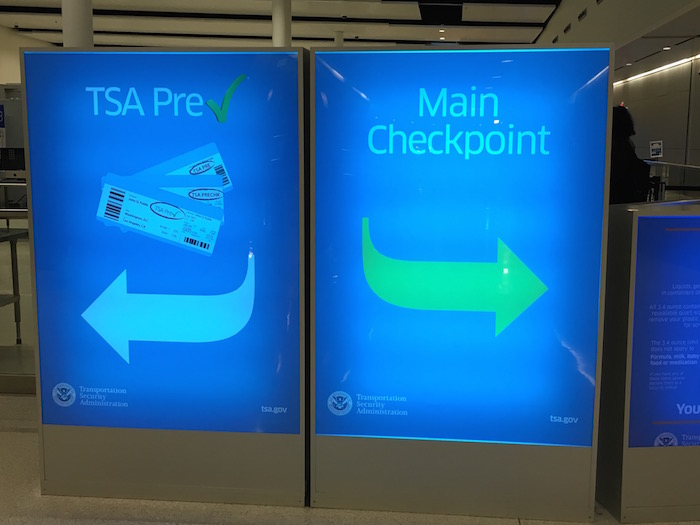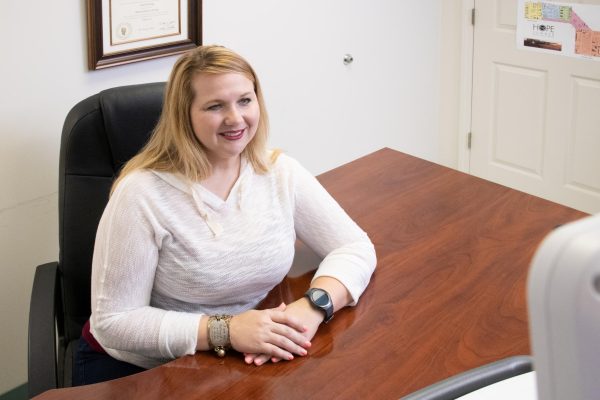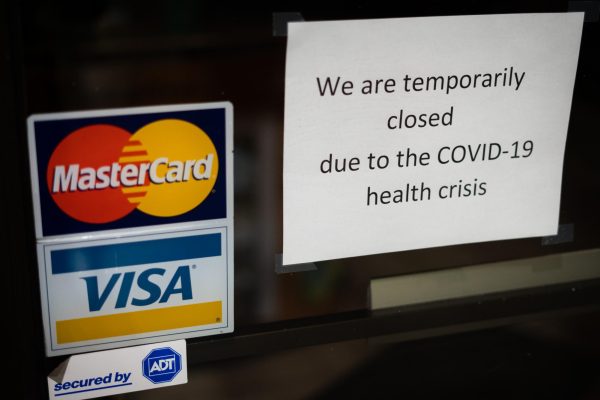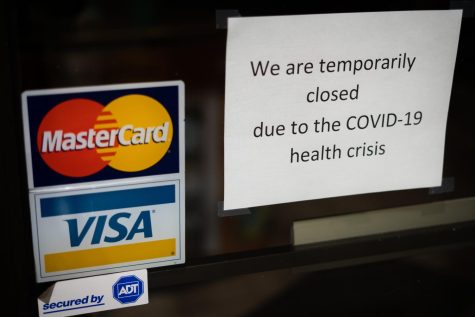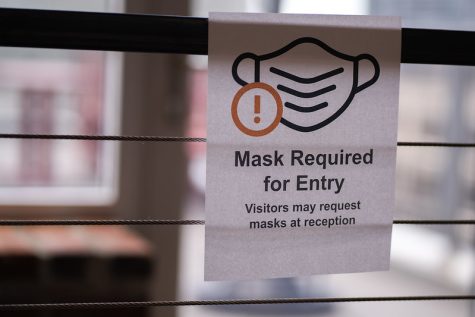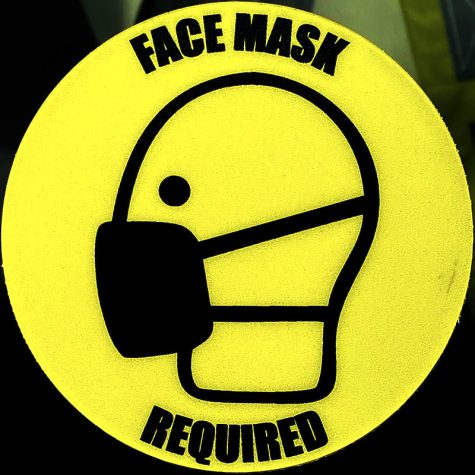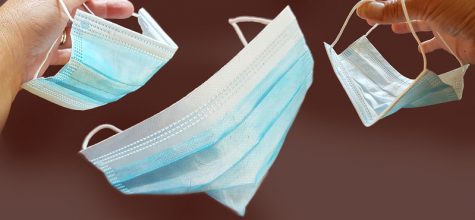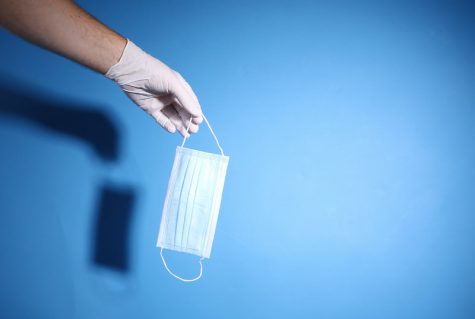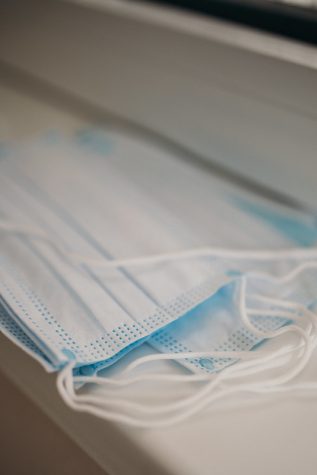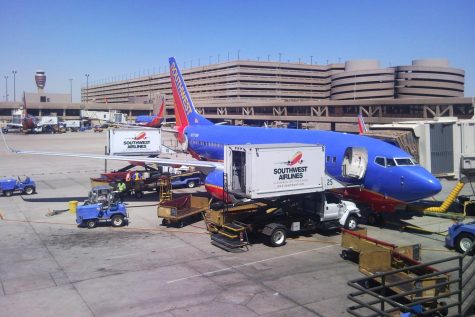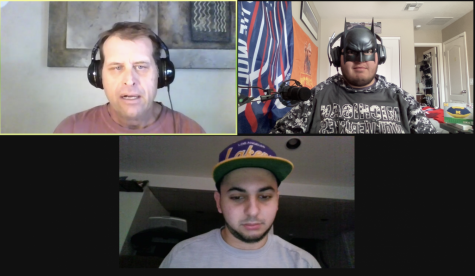Holiday travelers should expect changes at airports, during flights, as airlines try to keep passengers safe
TSA PreCheck Signs in Indianapolis
May 22, 2020
During this Memorial Day weekend, airports will likely be far emptier than usual and due to continuing efforts to flatten the curve of the coronavirus pandemic, travelers can expect changes in the way we fly.
The Transportation Security Administration said on Thursday that travelers should expect signage and floor markings reminding travelers to maintain distance. Staff and agents checking identification and boarding passes will be wearing masks. Gloves and, in some cases, eye protection, according to a New York Times article.
To limit contact, passengers will be asked to scan their own boarding passes and when travelling with food items, the meals will have to be placed in separate bins so agents don’t have to handle them.
“In the interest of T.S.A. frontline workers and traveler health, T.S.A. is committed to making prudent changes to our screening processes to limit physical contact and increase physical distance as much as possible,” David Pekoske, the agency’s administrator, said in a statement.
Now, passengers will be able to bring 12 ounces of hand sanitizer instead of three ounces.
Airlines have also adopted some changes.
At the front desk, where check-in ticketing is, sneeze guards will be separating the traveler from the ticketing agent, a precaution taken in some airports by United Airlines and Delta Air Lines. If at a kiosk, passengers may interact with a contactless kiosk, according to the article.
To limit crowding at the gate or jet bridge, some airlines are boarding fewer people at a time and boarding from back to front in an effort to limit contact among passengers.
According to the article, United said it would prevent middle seats from being purchased, though it might still assign them on fuller flights.
Delta said it would cap seating at 50 percent in first class and 60 percent in coach.
American Airlines said it will block half of all middle seats on its planes and Southwest Airlines, which does not assign seats, has said it will leave about a third of its seats empty through July.
Most major airlines now require passengers and flight crews to wear face masks, although the enforcement may not be so strict according to the article.
Delta, for example, is sanitizing every flight using an “electrostatic sprayer” which releases a mist of disinfectant. United announced they will start doing that next month, but this week, they will reportedly be teaming up with Clorox and the Cleveland Clinic in an effort to ease passenger concerns. The plan calls for Clorox to advise the airline about its disinfection practices and Cleveland Clinic experts will keep the airline up-to-date on the latest practices and technologies.
As of Wednesday, the number of people travelling was still 90 percent below last year’s levels, according to the Times.


